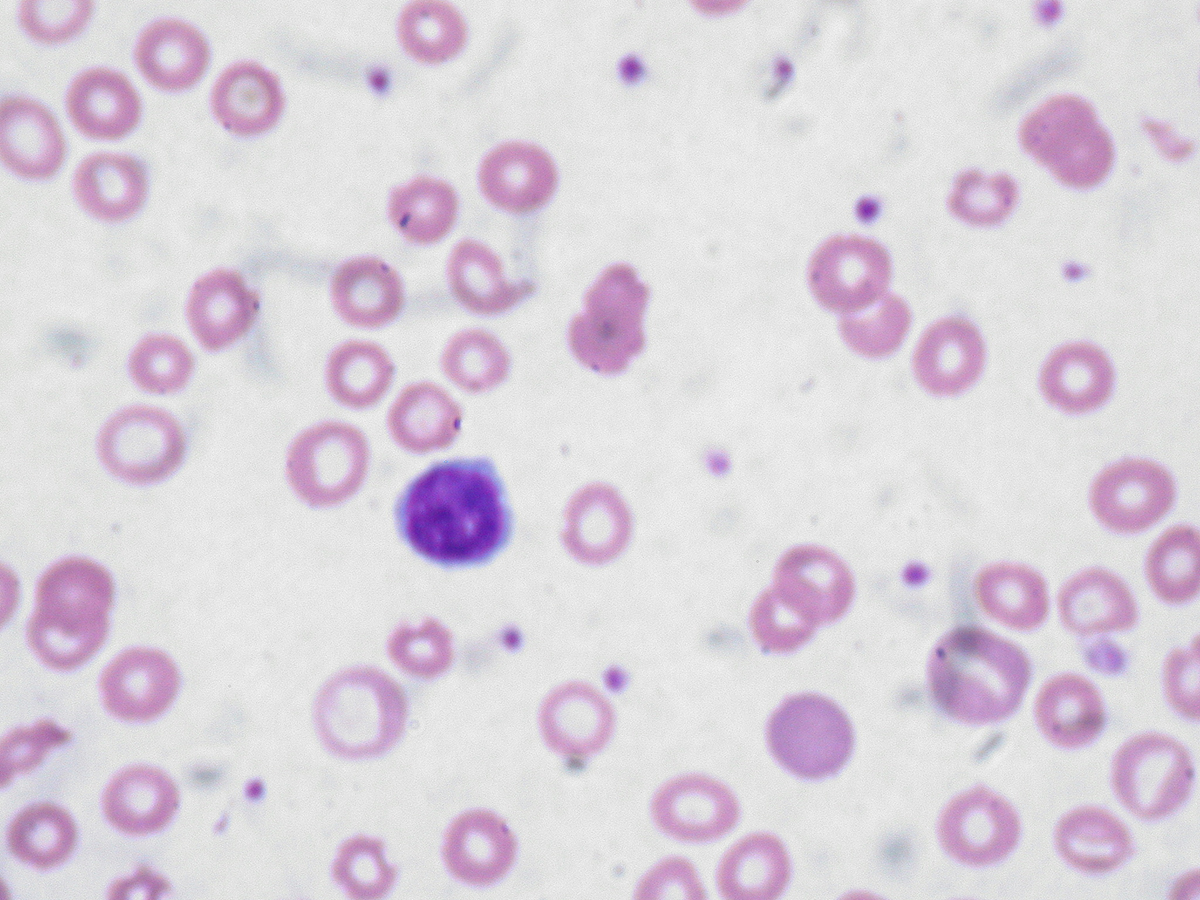
Fanconi anemia (FA) is a genetic disorder known to cause bone marrow failure, as well as physical and developmental problems. Based on the patient’s age and the efficiency of the bone marrow to produce new blood cells, doctors determine an appropriate treatment. Their choice might be to cure anemia, replacing damaged with healthy bone marrow cells or, in other cases, to treat existing symptoms with different drugs.
Observation for Milder FA
Children suffering from Fanconi anemia but whose bone marrow still produces enough new blood cells usually do not require any treatment. In most such cases, doctors recommend frequent blood count and cancer check-ups and bone marrow test every year. Some of these kids may need antibiotic drugs or sometime blood transfusions, to raise blood cell count.
Fanconi Anemia - Treatment Options
Long term treatment for Fanconi anemia commonly includes blood and marrow stem cell transplant, as well as therapies with androgens, genes or synthetic growth factors. Surgical procedures are used in patients with abnormally formed bones, digestive system problems and other birth defects due to FA.
Bone marrow failure in FA patients is treated with blood and marrow stem cell transplant form a healthy person. The donor’s stem cells must match the patient’s in order to get successful stem cell transplant. Younger patients, especially those without any other or with some minor health problems are much more likely to have successful procedure. Also, getting stem cells form a brother or sister is considered to have a good prognosis, more so if a person has never had (or had just a few) blood transfusions before. This treatment may be associated with certain cancers, so after the therapy patients are checked frequently for these problems.
Androgen therapy less efficiently increases white blood cell count, but is able to increase the number of red blood cells and platelets. Side effects of this treatment include lessening of the activity after some period, liver disease or even development of leukemia.
Synthetic growth factors are yet another possible option for treatment of FA patients. These substances will help your body to produce more red and white blood cells, but it still remains questionable whether they affect production of platelets or not. So far, there are not enough data about this treatment and its effects.
Current research about FA treatment is focused on gene therapy, hoping to find the way to replace faulty with healthy genes and cure Fanconi anemia. This type of treatment is still experimental, but even these early stages are somewhat promising for FA patients.



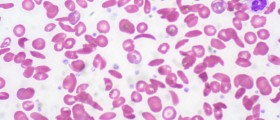
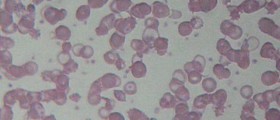
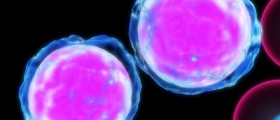
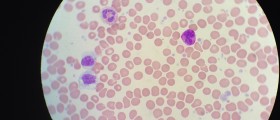






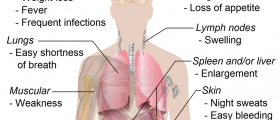


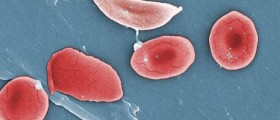
Your thoughts on this
Loading...